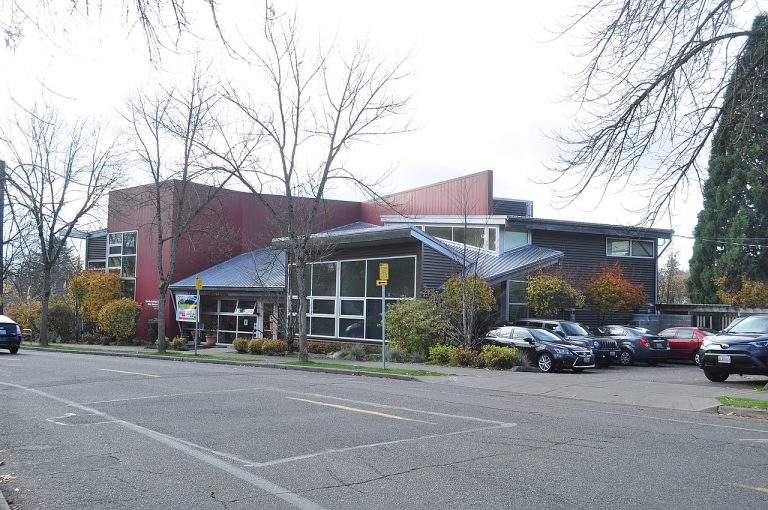Published on October 7, 2020

A King County initiative that moved people out of homeless shelters and into hotel rooms earlier this year helped slow the transmission of coronavirus, according to early findings from a study of the intervention.
The study, part of Urban@UW’s Homelessness Research Initiative, is co-authored by Rachel Fyall and Gregg Colburn, HRI faculty co-leads. Their research is being presented Wednesday to the Washington Low-Income Housing Alliance Conference on Ending Homelessness.
The intervention also produced other benefits to the people who were relocated, say authors of the joint study from King County Department of Community and Human Services (DCHS) and the University of Washington. Individuals who moved to area hotels — an arrangement managed by the County and social service providers — reported improved physical and mental health, and the ability to focus on long-term goals such as obtaining housing, employment and education, rather than simply focusing on day-to-day survival.
“Moving people from large shelters to individual hotel rooms not only succeeded in slowing the spread of COVID-19, but also provided security, privacy and dignity to hundreds of people in our region experiencing homelessness,” said King County Executive Dow Constantine. “This study conclusively demonstrates the positive impacts of providing our most vulnerable neighbors a place to call their own and 24/7 support, and it underscores the urgency in expanding these efforts in the coming months.”
“Everything we know about homelessness reinforces that we need to remove the crisis of homelessness to allow people to move forward,” said Rachel Fyall, an associate professor of public policy at the UW. “We know that from housing interventions, and what we know of mental health and getting to a place of stability, this intervention — while not perfect and not a substitute for housing — is closer to what we think might create conditions for someone to move on.”
“This emergency intervention is an example of an effective public response under very challenging circumstances that kept large numbers of highly vulnerable people safe during a pandemic,” said Gregg Colburn, an assistant professor of real estate at the UW who specializes in housing affordability issues.
Read the full press release at UW News.
Originally written by Kim Eckart for UW News.